World
On This Day In History - April 17
By CM Chaney · April 17, 2024
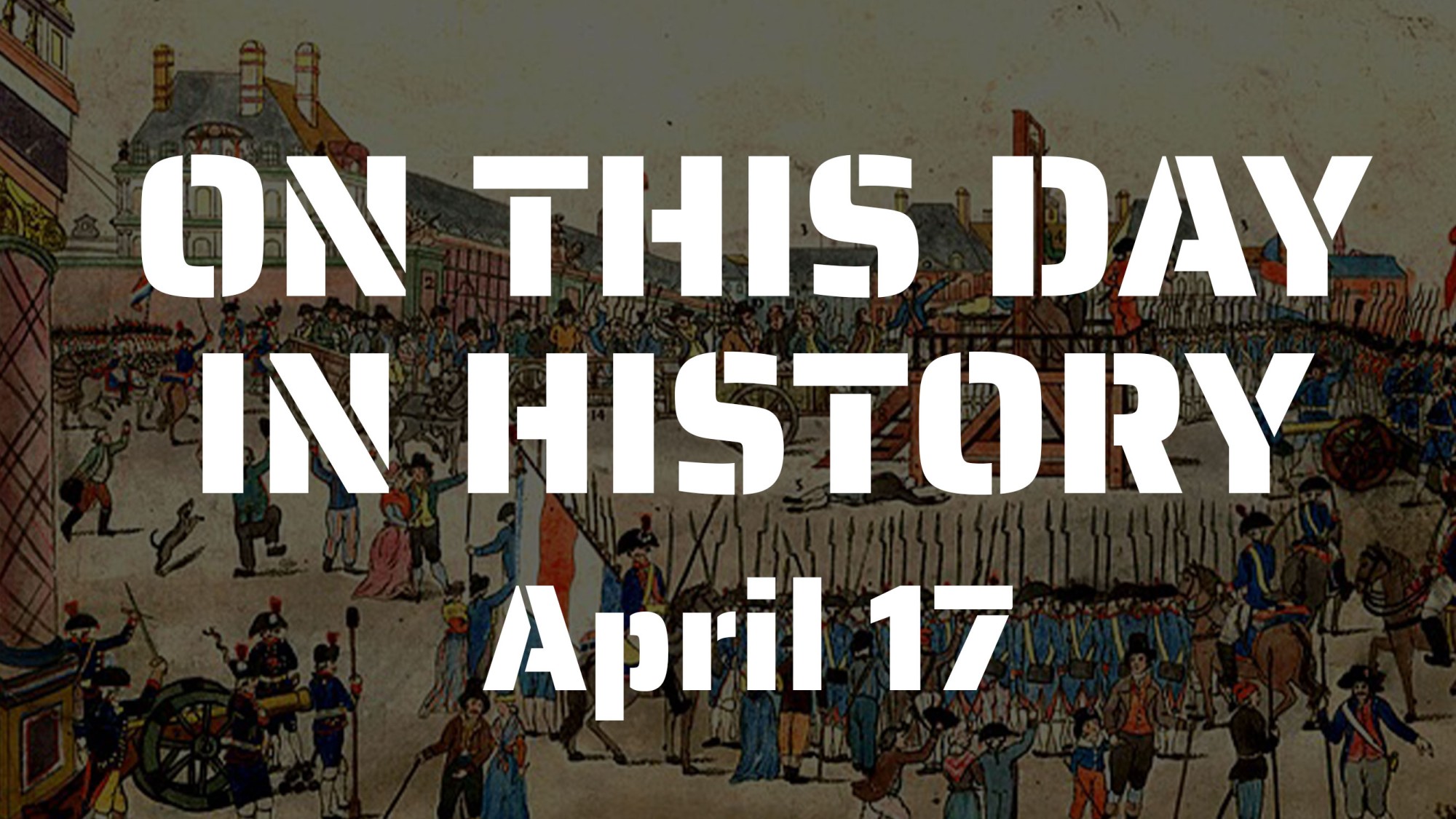
On This Day In History - April 17
"On This Day in History" is a captivating journey through time, revisiting the most significant events that have occurred on this very date throughout the years.From monumental political decisions and groundbreaking scientific discoveries to unforgettable moments in sports and cultural milestones, each article in this series will transport you back to a specific day, offering a glimpse into the past and revealing how these events have shaped our world.
Join us as we uncover the fascinating stories that have left an indelible mark on history. Wikimedia

1194: Richard the Lionheart Reclaims English Crown
After previously relinquishing his kingdom to Holy Roman Emperor Henry VI, Richard I, known as the Lionheart, was crowned king of England for a second time.The ceremony marked the restoration of his rule following a period of political turmoil and foreign intervention in English affairs. Wikimedia/Merry-Joseph Blondel
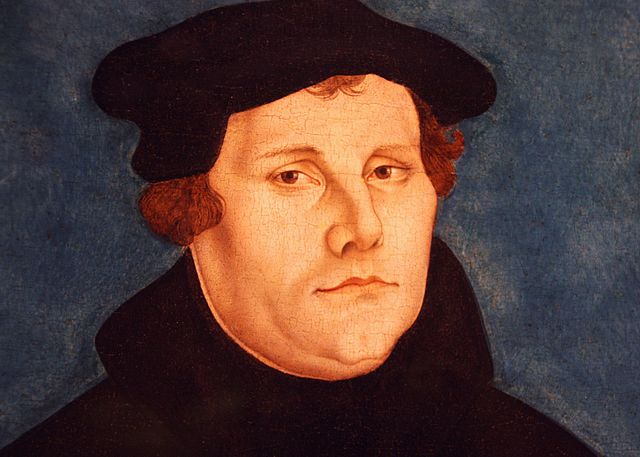
1521: Martin Luther Defends Reformist Views at Diet of Worms
Martin Luther, a prominent figure in the Protestant Reformation, stood before the Diet of Worms to defend his controversial ideas on church reform.Facing pressure from religious authorities, Luther refused to recant his views, setting the stage for a major schism within Western Christianity and the emergence of Protestantism. Wikimedia/Lucas Cranach the Elder
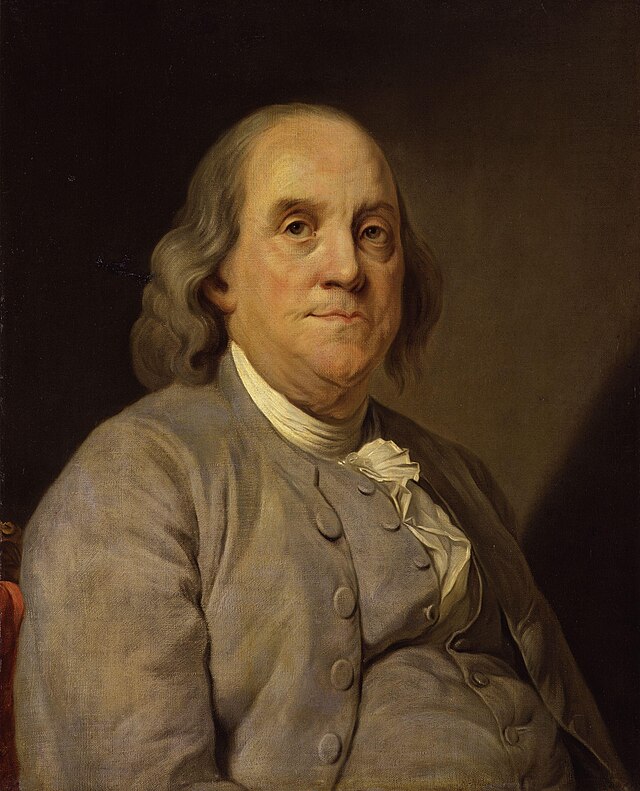
1790: Founding Father Benjamin Franklin Dies at 84
Benjamin Franklin, a renowned American polymath and one of the most prominent Founding Fathers, passed away at the age of 84.Franklin left behind a legacy as a printer, publisher, author, inventor, scientist, and diplomat, having made significant contributions to the formation of the United States and the advancement of various fields. Wikimedia/Joseph-Siffred Duplessis

1895: China Defeated as Sino-Japanese War Ends with Treaty of Shimonoseki
The first Sino-Japanese War came to a close with the signing of the Treaty of Shimonoseki, confirming China's defeat at the hands of Japan.The treaty marked a significant shift in the balance of power in East Asia, with Japan emerging as a major regional force and China facing the consequences of its military loss. Wikimedia/Nagatochi Hideta
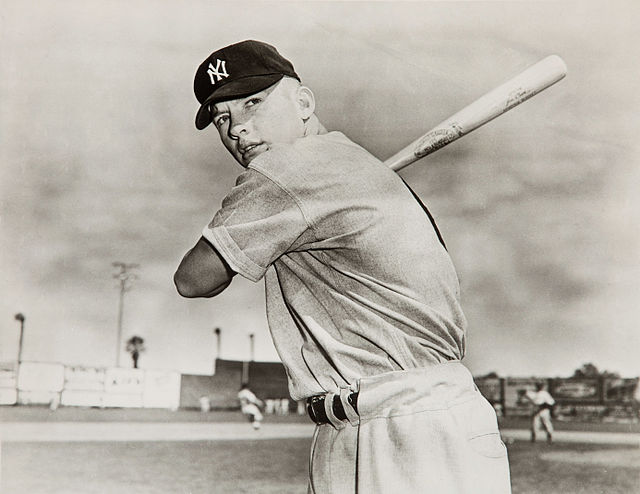
1951: Yankees Rookie Outfielder Mickey Mantle Makes MLB Debut
Mickey Mantle, a talented young American baseball player, stepped onto the field for his Major League Baseball debut as an outfielder for the New York Yankees.Mantle's first appearance marked the beginning of a legendary career that would see him become one of the most iconic figures in the history of the sport. Wikimedia/New York Yankees
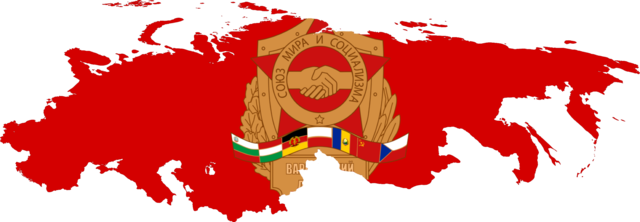
1956: Cominform Dissolved in Soviet-Yugoslav Reconciliation Effort
The Communist Information Bureau (Cominform), an international organization founded in 1947, was disbanded as part of a Soviet initiative to mend relations with Yugoslavia.The move signaled a shift in Soviet foreign policy and a desire to reconcile with the Yugoslav government, which had previously been at odds with the Cominform and the Soviet Union. Wikimedia/Стыдуьвз

1961: Castro Thwarts U.S.-Backed Bay of Pigs Invasion
During the Cold War, Cuban leader Fidel Castro's forces successfully repelled the Bay of Pigs invasion, an operation led by Cuban exiles and financed by the U.S. government.The failed invasion attempt further strained relations between Cuba and the United States, solidifying Castro's position and pushing Cuba closer to the Soviet Union. Wikimedia/Rumlin
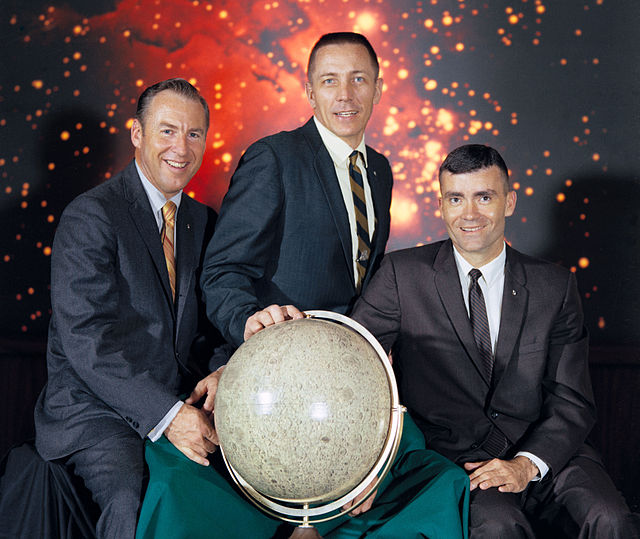
1970: Apollo 13 Crew Safely Returns After Harrowing Space Odyssey
The Apollo 13 command module, carrying astronauts James A. Lovell, Jr., Fred W. Haise, Jr., and John L. Swigert, Jr., successfully reentered Earth's atmosphere and splashed down, marking the end of a suspenseful chapter in space history.The safe return followed a tense four-day struggle for survival after an oxygen tank explosion threatened the lives of the crew. Wikimedia/NASA
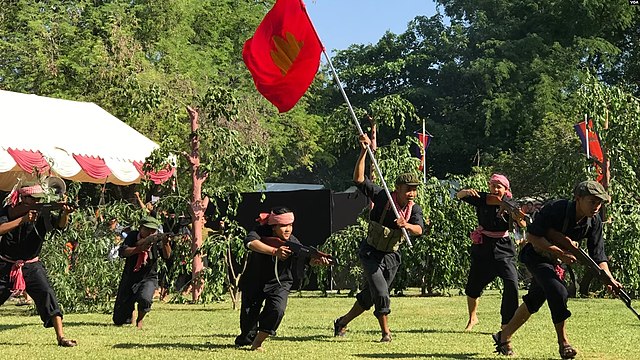
1975: Khmer Rouge Seizes Power in Cambodia, Displacing Citizens
Cambodia's Lon Nol government fell as the communist Khmer Rouge forces, led by Pol Pot, captured the capital city of Phnom Penh.Upon entering the city, the Khmer Rouge forcibly evacuated residents, dispersing them into rural areas and setting the stage for a brutal regime that would have devastating consequences for the Cambodian people. Wikimedia/Hul Reaksmey

1982: Canada Gains Full Independence with Constitution Act
The Canada Act, also known as the Constitution Act, came into effect, granting Canada complete independence and establishing it as a fully sovereign state.The act enshrined individual rights, preserved parliamentary supremacy, and marked a significant milestone in Canada's constitutional history, solidifying its status as a self-governing nation. Wikimedia/Dietmar Rabich

2003: Jäätteenmäki Becomes Finland's First Female Prime Minister
Anneli Jäätteenmäki was sworn in as Finland's prime minister, making the country the second in the world, after New Zealand, to have women simultaneously serving as head of state and head of government.Jäätteenmäki's appointment marked a significant milestone in Finland's political history and a step forward for gender equality in leadership positions. Wikimedia/Isiwal

2011: HBO Debuts Highly Anticipated "Game of Thrones" Series
"Game of Thrones," a television adaptation of George R.R. Martin's popular fantasy book series "A Song of Ice and Fire," premiered on HBO to much fanfare.The show's complex characters, intricate plotlines, and high production values quickly garnered a massive following, setting the stage for it to become a global cultural phenomenon. Wikimedia/mos.ru
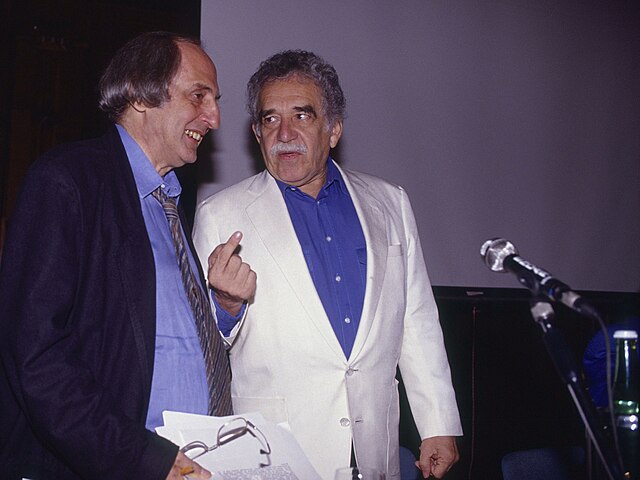
2014: Nobel Laureate and Literary Giant Gabriel García Márquez Dies at 87
Gabriel García Márquez, the acclaimed Colombian novelist and winner of the Nobel Prize for Literature, passed away at the age of 87.Widely regarded as one of the greatest writers of the 20th century, García Márquez left behind a rich legacy of literary works that have captivated readers around the world and solidified his place in the canon of modern literature. Wikimedia/Gorup de Besanez

2018: Former First Lady Barbara Bush Passes Away at 92
Barbara Bush, the former American first lady and wife of the 41st U.S. President George H.W. Bush, died at the age of 92.In addition to her role as first lady, she was also the mother of George W. Bush, the 43rd president of the United States. Her passing marked the end of a life dedicated to public service and her family. Wikimedia/White House Photo Office